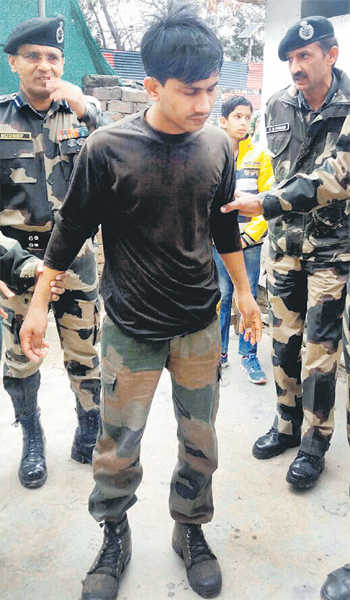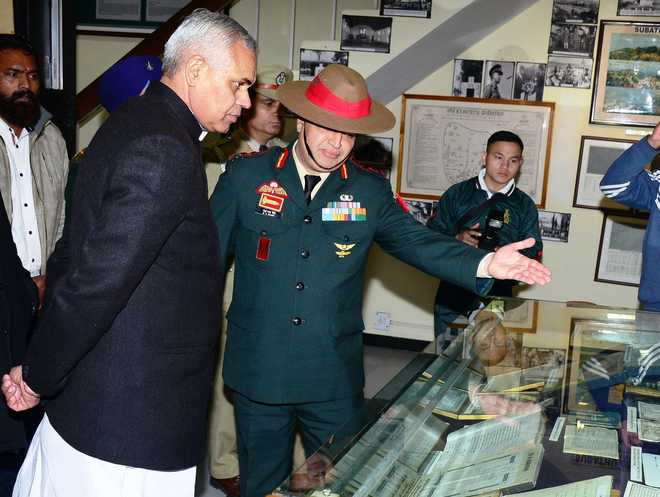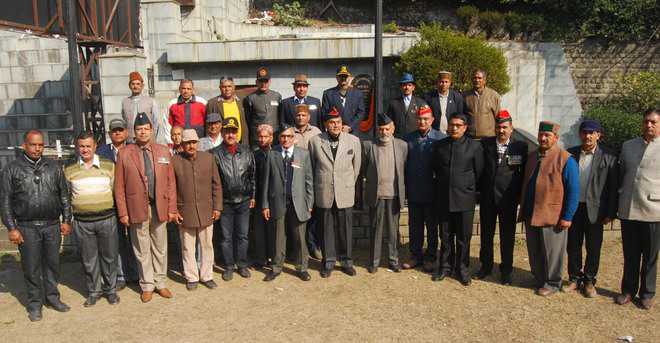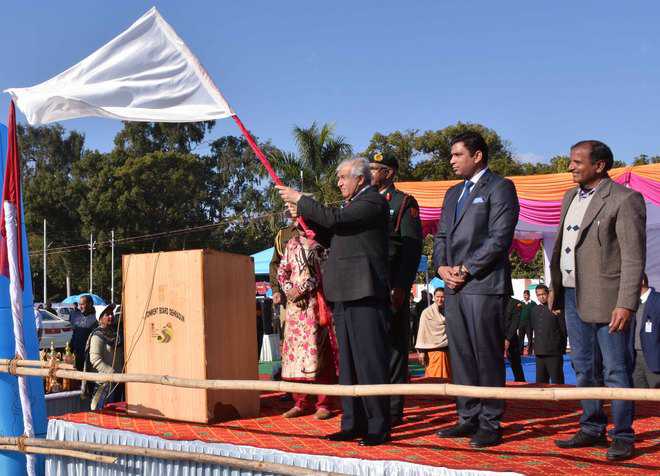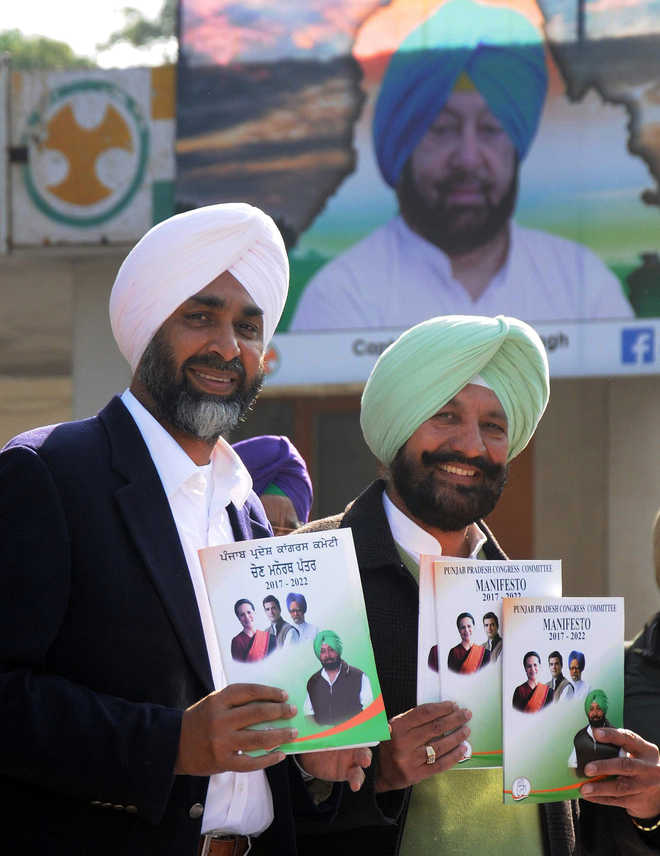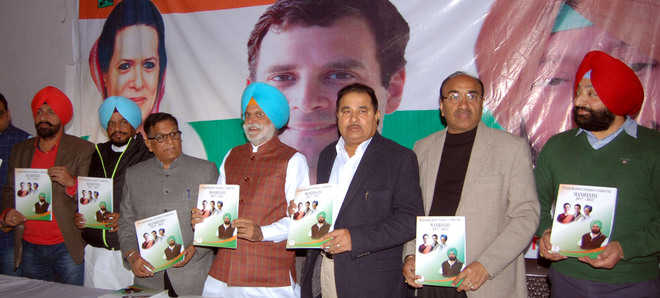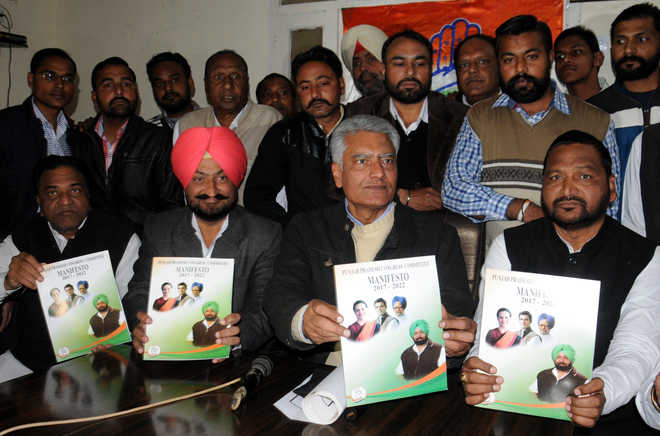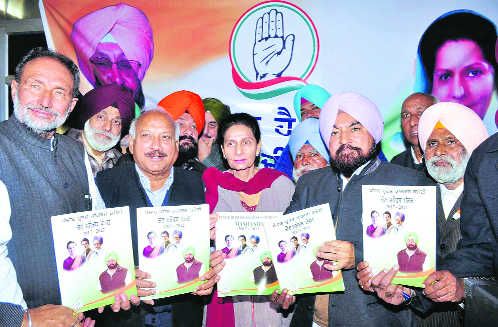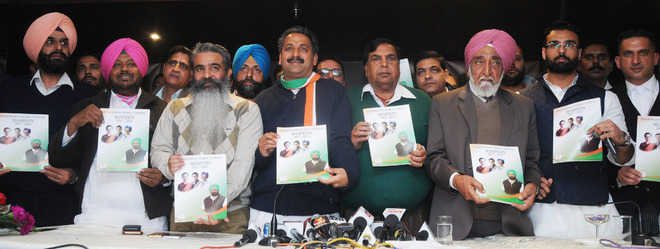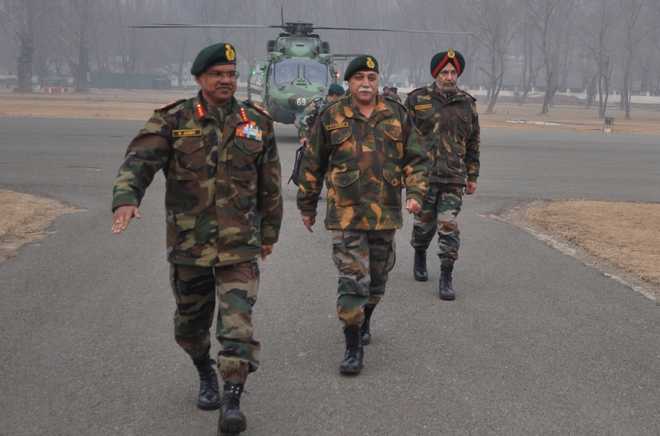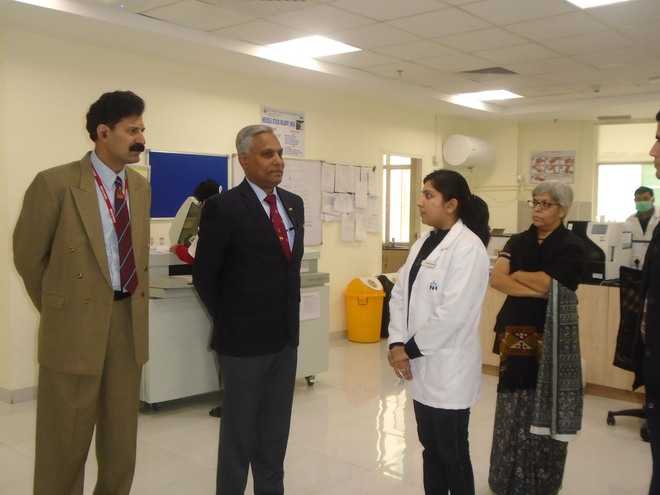Much of Pakistan’s future India policy through 2017 will be based upon what transpired in 2016. Short term assessments are usually dangerous and trends become unpredictable, but risk based assessment is still essential.
The year 2016 saw Pakistan take its confidence up some notches. Some events drastically changed things for it, both in a positive and a negative manner.
First, on the positive side, Pakistan appeared to have turned the tide against terror after almost nine years. In 2015, post the massacre of children in Peshawar’s Army school, a renewed resolve emerged in Pakistan to go after the “bad terrorists”. This year, the number of terror related incidents reduced drastically and the security agencies achieved a semblance of control over Karachi. Rogue terror groups were targeted and their leaderships eliminated.
Second, Pakistan’s hold over the Afghan Taliban loosened considerably; it could not prevent the spring offensive for the second consecutive year although news of Taliban operations did not emerge in international media.
Third, the relationship with President Ashraf Ghani deteriorated, leading to the kind of remarks the latter made at the Heart of Asia Conference at Amritsar earlier this month.
Fourth, the relationship with China continued to blossom with the China Pakistan Economic Corridor (CPEC) becoming the most important hinge around which the strategic relationship will revolve. Pakistan’s national confidence seemed to receive a boost.
Fifth, the US control over Pakistan reached a nadir and Russia’s overtures to Islamabad took observers by surprise.
Sixth and the most important development was Pakistan’s decision to change priorities after July and concentrate on Jammu & Kashmir. Pakistan may or may not have a hand in propping up Burhan Wani but it surely had an involvement in the uprisings post his encounter.
Pakistan’ military leadership probably felt that such a moment could not be allowed to pass. With J&K receiving full attention, a diplomatic offensive was launched in the UN and various major and minor capitals around the world. Using the old line of home grown terrorists attacking defence installations in Kashmir, Pakistan denied its own hand in the Uri terror attack and continued the game of denial even as surgical strikes were launched by India to target terror camps across the LOC.
The ceasefire of 2003 almost ceased to exist even as street turbulence and vigilantism continued through four months with an enhanced element of fervour being displayed by the mosques in the Valley.
In November end, Pakistan Army Chief Gen Raheel Sharif retired and was replaced by Gen Qamar Bajwa. The line of control (LoC) went quiet even as Bajwa visited his erstwhile command, Pakistan’s 10 Corps which looks after Pakistan-occupied Kashmir (PoK). The streets of Kashmir had already been witnessing the return of order and stability progressively through November once the seat of government shifted to Jammu.
Strangely, the Hurriyat also reportedly changed its strategy, inviting tourists to Kashmir and pilgrims to all religious sites in J&K and placing greater control over its own calendar. The silence in the Valley is only an ominous one because it’s yet uncertain whether it is due to loss of appetite or arrival at the conclusion that violence in the streets would not budge Indian authorities from their stand.
So what could 2017 be like in terms of India-Pakistan relations with special reference to J&K? Clearly among factors which dictate relations between estranged nations are the strategic environment, the immediate past, personalities at the helm, perceived strengths and weaknesses and payoffs from likely actions.
The strategic environment of 2017 is yet highly unpredictable with the onset of the new Administration, Trump’s personal lack of experience and his probable dependence on a clutch of high level ex military men as advisers. The start point is Afghanistan where Trump may be advised to continue US engagement for some more time to prevent the Taliban making greater progress. That automatically involves greater cooperative commitments from Pakistan, the key state which shares a boundary with Afghanistan, and has some influence (although just marginal) over the Taliban.
Recent reports suggest a Russia-China-Pakistan axis to work on accommodating Taliban as a tool against expansion of ISIS post the Aleppo-Raqqa-Mosul situation. Ignoring India and the US may well spur the US to pursue its interests and maintain or even enhance its presence in Afghanistan. If big power rivalry over the future of Afghanistan becomes a stronger reality through 2017, it could see Pakistan more intensely involved there.
When that happens, the intensity of focus towards J&K dilutes. In the priority, Afghanistan and the Taliban definitely score over J&K and the Hurriyat, which can wait for appropriate times. Sadly Pakistan too is aware that the Indian authorities will not get their act together in terms of placating and stabilising Kashmir. If this be the scenario, Kashmir may see some stability and less Pakistani energy dedicated towards it.
Pakistan is also acutely aware that 2016 was a year which involved greater risk in its ‘war by thousand cuts’ with India. Prime Minister Narendra Modi’s utterances on Baluchistan, Gilgit-Baltistan, PoK and the Indus Waters Treaty (IWT) would also have sent signals of increasing threats to India’s level of tolerance, which is now under stress. The surgical strikes, bigger fire assaults and the increasing criticism against the Indian Army’s rear area security, all raised the costs for Pakistan.
Pakistan would have the choice to spread itself thin through simultaneous focus on J&K and Afghanistan or pursue a more proactive policy towards Afghanistan in conjunction with China and Russia to keep Indian and US influence under control. Any new campaign in J&K could be delayed with the presumption that not much may change and a policy of minimum action to keep the pot boiling may be employed.
The question is how much influence do Pakistan and the Hurriyat actually exercise? That remains the moot point because the new diffused leadership could just decide to resume where it left off last month. In that case, Pakistan would have little option but to grudgingly support and accept the risk. The latter could be calibrated by lowering the intensity of its actions and the utterances from time to time.
General Bajwa’s first 30 days of being quiet gives no indication of the approach he would like to follow. He can choose to bide his time till better opportunities arise, look for one or two mid profile actions which may not risk escalation or he could just reverse policy and do what Musharraf did in November 2003, that is start lowering the temperature and create conditions for a long drawn engagement in a peace process.
From the indicators available, the latter is the least likely because in Pakistan’s strategic circles, there appears a perception that the investment of 27 years in J&K may just be entering its pay off stage. A misreading of this kind is likely to be the cause of missing the opportunity and creating conditions for giving any kind of confidence to India that dialogue could be an option again.
For India, the public pressure to no longer absorb but rather respond in kind or even proactively take military action, has increased manifold. Fortunately, the political leadership remains extremely mindful of its larger responsibility and will not act brashly unless absolutely driven against the wall.
The year 2017, therefore, can at best be assessed to be a lower profile year than 2016 with little chance of resumption of any dialogue with Pakistan. Temperatures at the LoC will remain low unless provoked by another terror act from Pakistan’s soil. The Valley is still in fatigue and doesn’t seem ready for another full throttle agitation, but terror acts will continue especially against army convoys. One or two acts of terror in the Jammu region will necessarily take place to keep a balance north and south of the Pir Panjal.
The alliance of People’s Democratic Party (PDP) and Bharatiya Janata Party (BJP) is likely to receive a reprieve in terms of time. It must act quickly to curb corruption, enhance accountability and provide governance which will make some positive difference to the lives of the people. If this period is counted as a window, it must be exploited to the hilt in political outreach.
Jammu and Kashmir Chief Minister Mehbooba Mufti has the ability to be uncomfortable while attempting to make others comfortable. This is what she must aim to do to get back that trust which people had in her. It’s been difficult stewardship of the chief minister’s office, but there is enough time to recover and get the act together.
